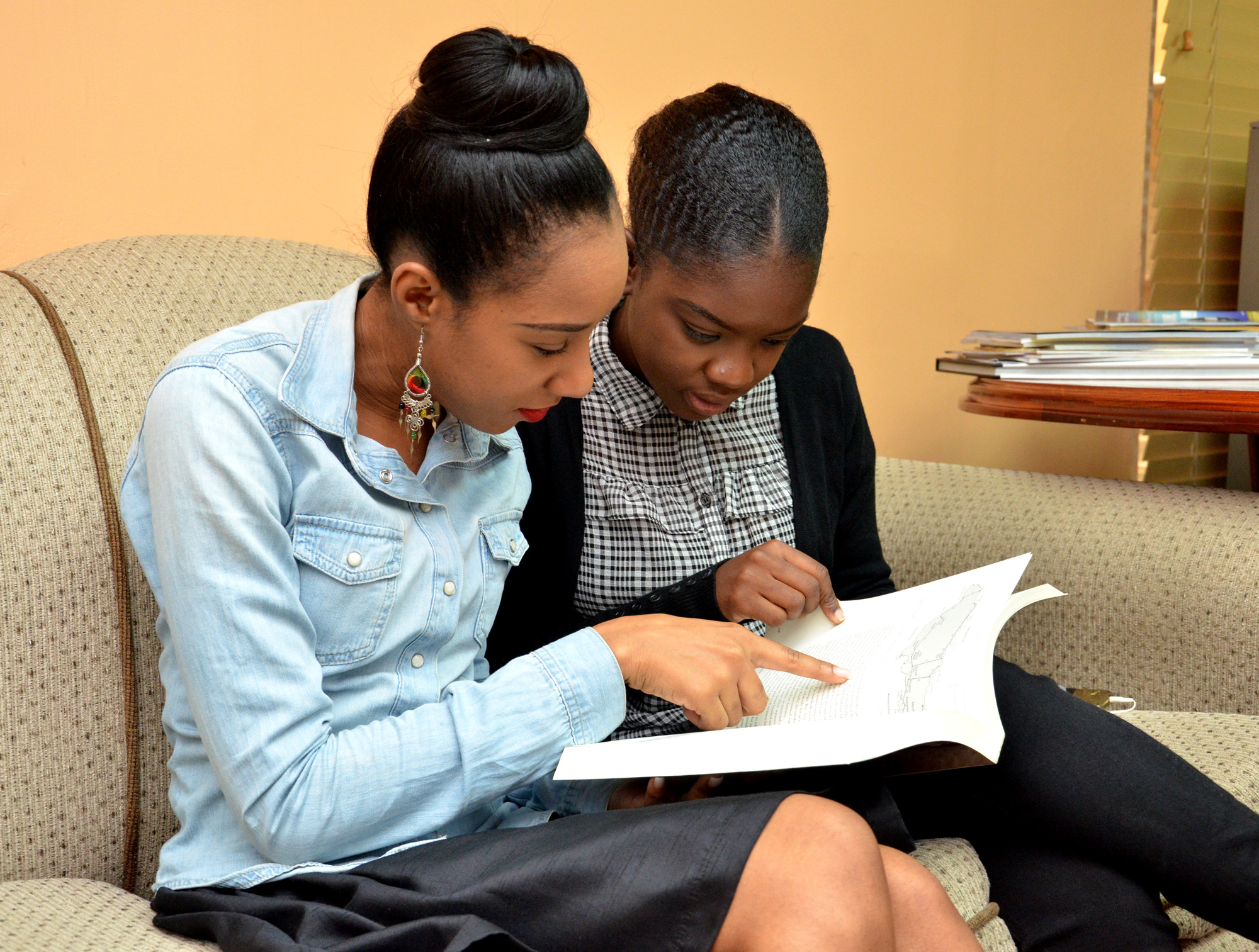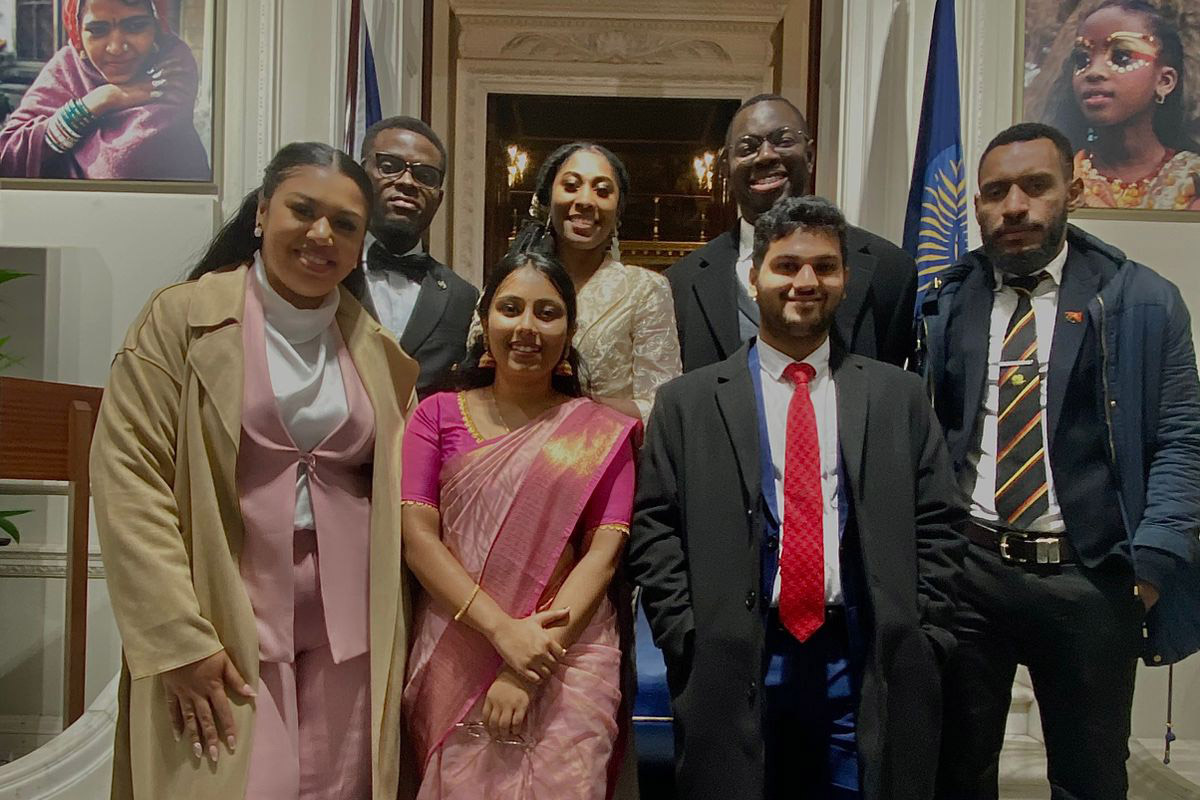“Governments must bridge the gap between opportunities and change!”
July 29 With so many youth policies promising empowerment in the developing world, why are we still experiencing so many challenges with youth development? Jamaican Commonwealth Correspondent Tamica Parchment says countries must approach youth development differently to ensure that policy translates to impact.
With so many youth policies promising empowerment in the developing world, why are we still experiencing so many challenges with youth development? Jamaican Commonwealth Correspondent Tamica Parchment says countries must approach youth development differently to ensure that policy translates to impact.
As the Commonwealth Youth Ministers Meeting (CYMM) takes place in Kampala, Uganda, high on the agenda will be an assessment of the work done by governments, NGOs and civil society since the last meeting to determine the Commonwealth’s progress to a more stable and inclusive society for young people.
Youth development has always been a critical part of a country’s well-being; a large youth population without opportunity, without education and the feeling of belonging and security can only translate to a society in limbo, as a large part of humanity lives disconnectedly from the system and has no positive contribution to the economy.
For many developing countries, the challenge of youth development is particularly testing in this new era of improved connectivity but separation from opportunities, increased wealth with no access to said wealth and youth policies that do not engage the youth, but serve as a guide for yearly programmes that impact a few, while the wider community continues to suffer.
The United Nations Development Programme (UNDP) confirms this sentiment saying in its UNDP Youth Strategy titled “Empowered Youth, Sustainable Future” (2014), that, “Their opportunities for communicating, acting and influencing are unprecedented. The challenges they face are unprecedented, too, from climate change to unemployment to multiple forms of inequalities and exclusion, in particular for youth belonging to vulnerable or marginalized groups.” Young people have more access to these much-needed opportunities and there are more innovative policies, but the challenges are so great that many young people cannot cross the threshold to accessing the benefits of policies that will create an empowered state.
This means there must be an honest examination of not only the plans being made, but also the environment that is the setting for the government’s plans. It is important to improve education and to have a youth population that is literate and critical thinkers, but what happens to these people when they leave school and have no job opportunities? Young people may believe they have a voice, but is this voice heard and put into action? Or does it become research for a policy framework that is actualised for a few months, and ends with a chapter called “lessons learnt”.
The challenges to meet these gaps and to fund youth development are probably the greatest difficulties facing the execution of youth policy in developing countries, but it is also the greatest opportunity. Countries are constrained by small budgets, but it is also true that mismanagement and lack of innovative thinking constrains government’s ability to create these policies that are far reaching and fill the gaps between empowerment and realisation of potential.
In my country, Jamaica, we are currently facing this issue. There are many policies and opportunities, but youth disengagement continues to be a critical issue especially in inner city communities, even though interventions are being made by organisations such as The World Bank, USAID, and others. Jamaica is therefore reviewing its National Youth Policy.
Jamaica’s Minister of Education, Youth and Information, Senator, The Honourable Ruel Reid, who has a background in education and working with young people, is trying to address these problems. The Minister explained that Jamaica’s main policy priorities for its youth population include providing improved access to quality education and training for employment; minimising the number of at-risk youth (which has grown due to rapid urbanisation) and maximising the participation of youth in national development and professionalisation.
These policies would attack the challenges faced by Jamaica, which currently suffers from a worrying youth unemployment rate and the migration of educated young people who are not able to access formal opportunities for wealth creation.
For many countries, in their development of youth policy, general challenges are laid on the table, which leads to general solutions, which then have little to no impact. For Jamaica however, Senator Reid was very clear in a response to me identifying Jamaica’s greatest challenge for its youth population.
He said, “The greatest challenge to youth development is the impact of poor parenting and the negative values of society that influence how young people behave.” Jamaica is now launching programmes to address this need to improve families and communities, especially in under-served areas in the country. Senator Reid explained, “We will be rolling out parenting programmes from the National Parenting Support Commission, national programmes for youth, revitalisation of youth clubs, an additional two years of study at the secondary level, and 0-30 strategy of continuous education and training to enable each person being certified by age 30.”
Jamaica is also providing more funding for education and vulnerable youth, and has introduced the Housing, Opportunity, Production and Employment (HOPE) programme, which will provide educational and job opportunities for young people. The country is taking a multi-pronged approach, uniting all Ministries and Agencies in government to solve the youth development problem.
There also lies the great challenge of creating an inclusive society. The Government of Jamaica plans to promote a more inclusive society for the youth by the use of social media campaigns, which have proven useful in the country with programs like “Respect Jamaica”, a behaviour change programme that was based solely online.
The Minister shared with me that it was of high priority to revitalise Jamaica’s youth clubs and networks within high schools and tertiary institutions, which would target more youth on a community basis rather than at a national level, which is where many youth development policies fall short. Finally, the use of sport groups and competitions will be another method used to engage young people on a community level, and encourage the development of social skills and interactions with different persons in communities that are saddled with conflict.
If these solutions and the country’s national youth policy proves effective, it would mean Jamaica would continue on this path of integrated management of youth development; a unified and aggressive approach to bridge the gap between opportunity and success. We can no longer work in silos, or not be forward thinking in the creation of policy; all elements of society must be engaged to ensure that young people have avenues to support the opportunities they receive. If this issue is not addressed, we will continue to create policy that does not translate to impact, which is a disservice to young people around the world.
The Commonwealth Youth Ministers Meeting gives governments and stakeholders an opportunity to change that. I would say to those at the meeting, especially to those representing developing countries, let us think about what steps we are missing and how we can address these gaps. All arms of government and private bodies must collaborate seamlessly to ensure that young people can truly benefit from development initiatives, if we don’t, we will continue to discuss and create policy, while we lose a generation.
The solutions are in our hands, let us work together for a better future.
…………………………………………………………………………………………………………………
Opinions expressed in this article are those of the author and do not necessarily represent the views of the Commonwealth Youth Programme. Articles are published in a spirit of dialogue, respect and understanding. If you disagree, why not submit a response?
To learn more about becoming a Commonwealth Correspondent please visit: http://www.yourcommonwealth.org/submit-articles/
…………………………………………………………………………………………………………………




